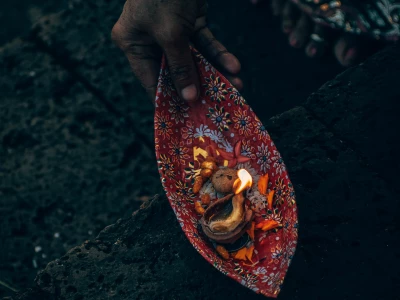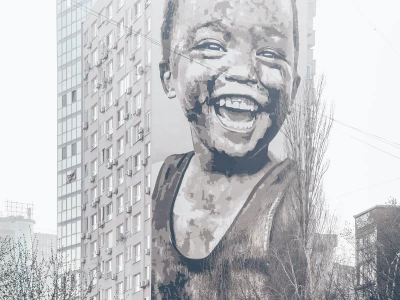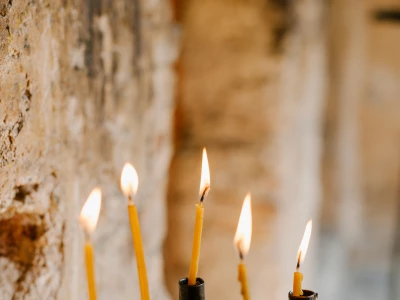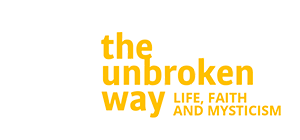Share this article
How To Be More Hopeful

‘The happiness of your life depends upon the quality of your thoughts.’
— Marcus Aurelius, Roman Emperor and Stoic Philosopher
Elevate your thoughts
One advantage of getting older is that we recognise, more than ever, that almost all the difficult situations we worried about were eventually resolved. We survived and even thrived and will do so again. We are more aware now that what is happening in the present moment will soon be in the past. This thought alone can go a long way to reduce our anxiety and increase our hope when facing problems.
Sometimes though, we are so overwhelmed with feelings of hopelessness and defeat that we forget this thought, or we don’t believe things can get better. But, psychologists tell us that thoughts and emotions connected to hopelessness are almost always tied to distorted thinking or a bias that skews our reality.
According to the American Psychological Association, one such cognitive distortion is learned helplessness. This disabling condition occurs when someone repeatedly faces uncontrollable, stressful situations, and then does not exercise control when it does become available. They have ‘learned’ that they are helpless in that situation and no longer try to change it, even when change is possible.
We must never forget that it is always possible to take action; we just have to be open to different possibilities. ‘You always have options’, my late wife Cushla would say to me when I faced seemingly insurmountable obstacles. ‘But, first of all, you need to slow down’, she’d add. She meant that I couldn’t think clearly when I was agitated or when my mind was speeded up.
‘Try to go higher,’ she also said. She meant I needed to elevate my thoughts and think positively. I always considered myself a positive person, but if, for example, I felt let down by somebody, I would ruminate about their behaviour for days. Eventually, my thoughts would spiral downwards, and my whole world would darken.
In time though, I learned by Cushla’s example that being hopeful is a choice, not a feeling. Like all the good things in life, we need to work at being hopeful and thinking positively. One of the best ways to do this is by meditating daily. Eknath Easwaran, a great spiritual teacher of meditation and founder of the Blue Mountain Meditation Center in California, where Cushla and I learned to meditate, says on the back cover of his book: Meditation: ‘You can realise your ideals. Later he adds:
‘The principle of mediation is simple: You are what you think. By meditating on words that embody your highest ideals, you drive them into your consciousness. There they take root and create wonderful changes in your life.’
Life is a matter of perception, and what you focus on will expand. So think hopeful thoughts. Focus on the light, and darkness will disappear. When hardships hit you, think of higher things.
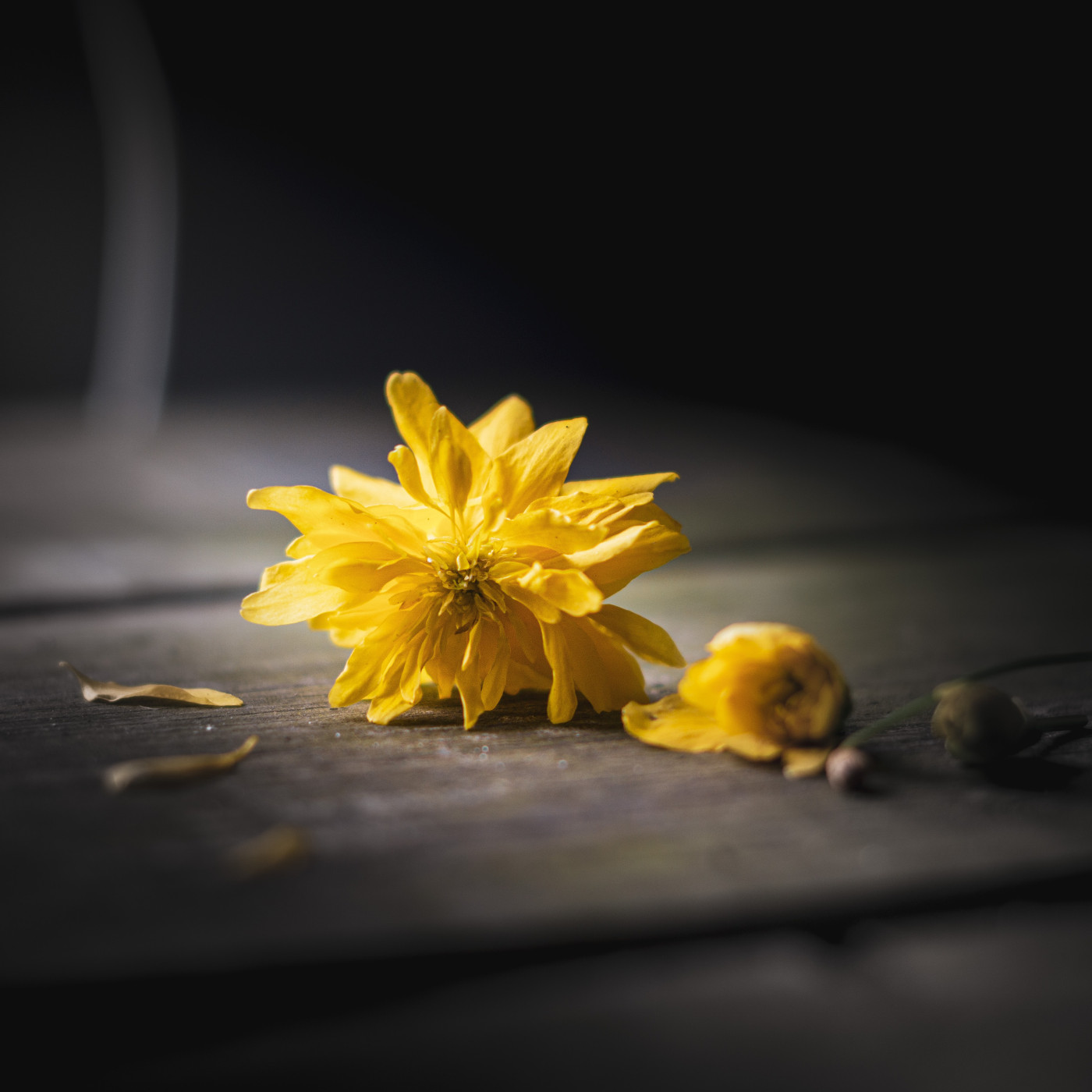
'Jesus looked at them and said, "For human beings this is impossible, but with God all things are possible.'"
Matthew 19:26
Find a Meaningful Purpose
In my last blog, Hope Part 1, I mentioned that my emptiness became more acute as my business grew more successful. But those feelings didn’t just emerge out of the blue one day. For years, I had distracted myself with business and the consequent financial rewards, including holidays in luxury resorts. However, on the weekends and bank holidays at home, when I hadn’t got so many distractions, I could feel my inner emptiness arising in me. This type of pain is worse than any suffering we are trying to distract ourselves from. In his second encyclical letter Spe Salvi (‘Saved in Hope’), Pope Benedict XV1 says:
‘It is when we attempt to avoid suffering by withdrawing from anything that might involve hurt when we try to spare ourselves the effort and pain of pursuing truth, love, and goodness, that we drift into a life of emptiness, in which there may be almost no pain, but the dark sensation of meaninglessness and abandonment is all the greater.’
Luckily, my emptiness had ignited a strong desire in me to search for a purpose that transcended my own narrow ambitions. To begin with, I realised I had been ‘asleep’ for years. I stopped running from suffering and became more aware of all the blessings I had in my life, especially the love I shared with Cushla. While I had chased the world’s interpretation of success for years, I now realised that Cushla had been right all along regarding her core beliefs: only a few weeks after we met, I asked her what she thought life was all about. ‘It’s all about love,’ she answered simply. She never changed her view for the rest of her life, and into the bargain, by having love as her highest ideal had given her a wonderful sense of purpose and meaning.
Surrender
We can’t do it on our own! Struggling to cope by relying on our own strength will soon lead to mental and emotional exhaustion. It’s then that our thoughts darken, and we may even begin to lose hope.
We need to stop struggling and surrender to God, the only power that can give us genuine, lasting hope. When we do, we are more often given a grace that elevates our hope to new levels:
After Cushla died, I would visit a church every day. Sometimes, I would just sit there and try to surrender to God’s plan. Almost always, I received graces: I felt stronger and better able to cope with my grief. Also, the veil between this world and the unseen world seemed to be thinner in churches and holy places. It was then that I could sense, more than other times, that I would see Cushla and my loved ones again. It was much more a knowing* than an intellectual thought. At the same time, I would feel a great sense of hope and gratitude to God for giving us eternal life. Despite my grief, I would leave the church with a spring in my step.
Pray
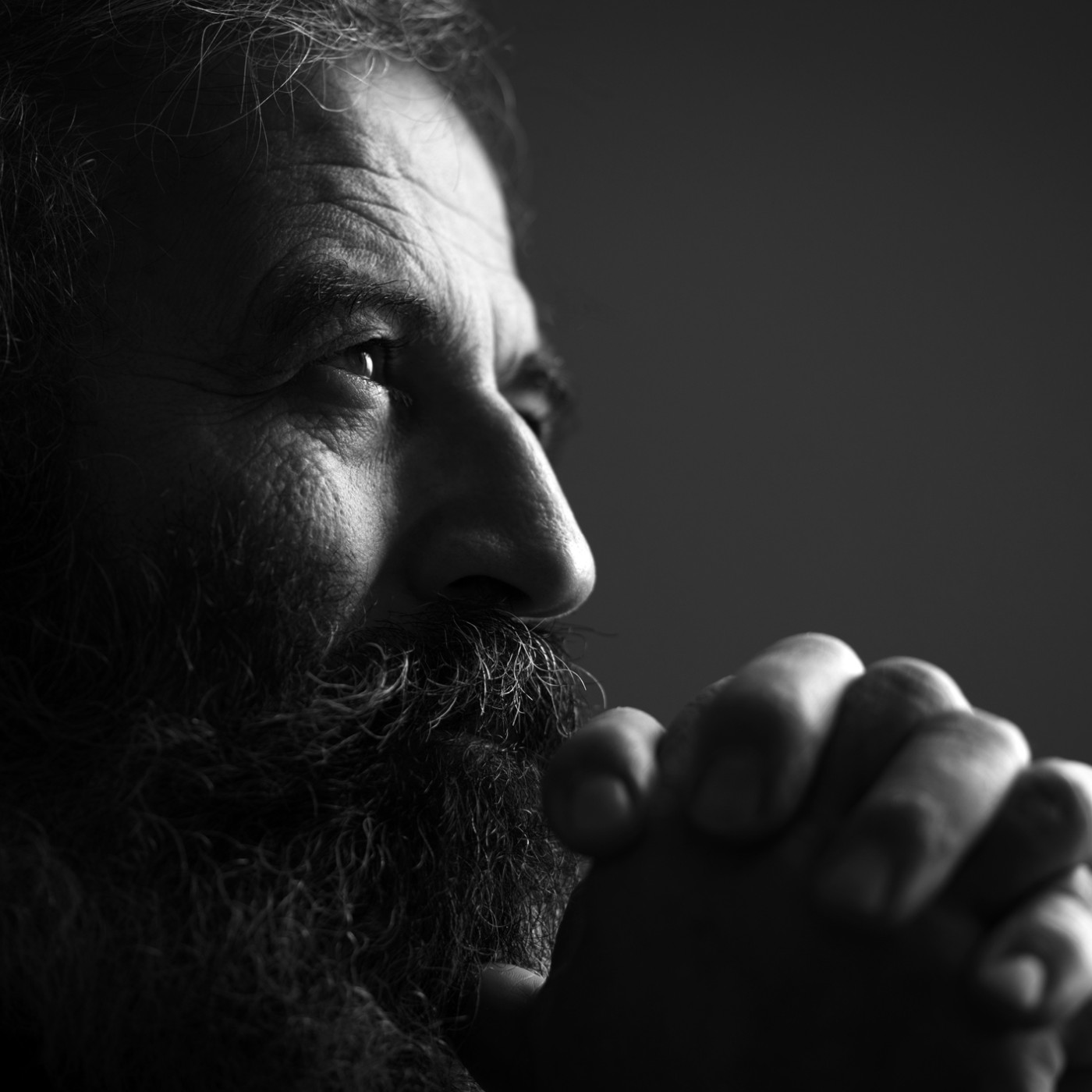
‘Only faith frees man from the limitations and narrowness of his time.’
—Pope Emeritus Benedict XVI
Knowing there is something, or someone much bigger than us gives us hope, but we need to constantly stay in touch with the source of hope: Again, Pope Benedict XVI says in Spe Salvi :
‘A first essential setting for learning hope is prayer. When no one listens to me anymore, God still listens to me. When I can no longer talk to anyone or call upon anyone, I can always talk to God. When there is no longer anyone to help me deal with a need or expectation that goes beyond the human capacity for hope, He can help me. When I have been plunged into complete solitude ...; if I pray, I am never totally alone.’
Note
*Knowings
Although, I only occasionally received the grace of a knowing, most of Cushla’s spiritual guidance came through in the form of what she called her knowings. These knowings are a higher form of knowledge that she drew from deep within her soul. It was a gift she shared with well-known mystics. In her book, Interior Castle Explored, the contemporary Carmelite nun and spiritual author Ruth Burrows writes of St. Teresa of Avila: ‘Here is a woman who surely knows. She isn’t merely speculating—relying on what others have said. Here is one with a well of living knowledge within her, and it is from this that she is drawing all the time.’
Recommended Resources
Books & Readings
Meditation by Eknath Easwaran. Published by Nilgiri Press. Easwaran was a spiritual teacher, an author of books on meditation and ways to lead a fulfilling life. He was influenced by Gandhi, whom he met when he was a young man. He developed a meditation method known as Passage Meditation which involves silent repetition in the mind of memorised inspirational passages from the world’s major religious and spiritual traditions. Together with his wife, he founded the Blue Mountain Center of Meditation in 1961, located in Northern California. You can learn more about mantras at the centre’s website:https://www.bmcm.org/learn/mantram
Spe Salvi : Pope Benedict XVI’s second encyclical, Saved By Hope (‘Spe Salvi’ in Latin), takes its title from St. Paul, who wrote, ‘In hope we have been saved’. See the link below:
Prayers to give us hope
(i) The Surrender Novena by Fr. Dolindo Ruotolo, a mystic and prophet. You can find it on www.fatherdolindoruotolo.com.
(ii) Prayer to St. Jude. To be said when problems arise or when one seems to be deprived of all visible help or for cases almost despaired of): www.stjudeshrine.org/sj/prayers
Share this article
Categories
in your inbox

Hope


